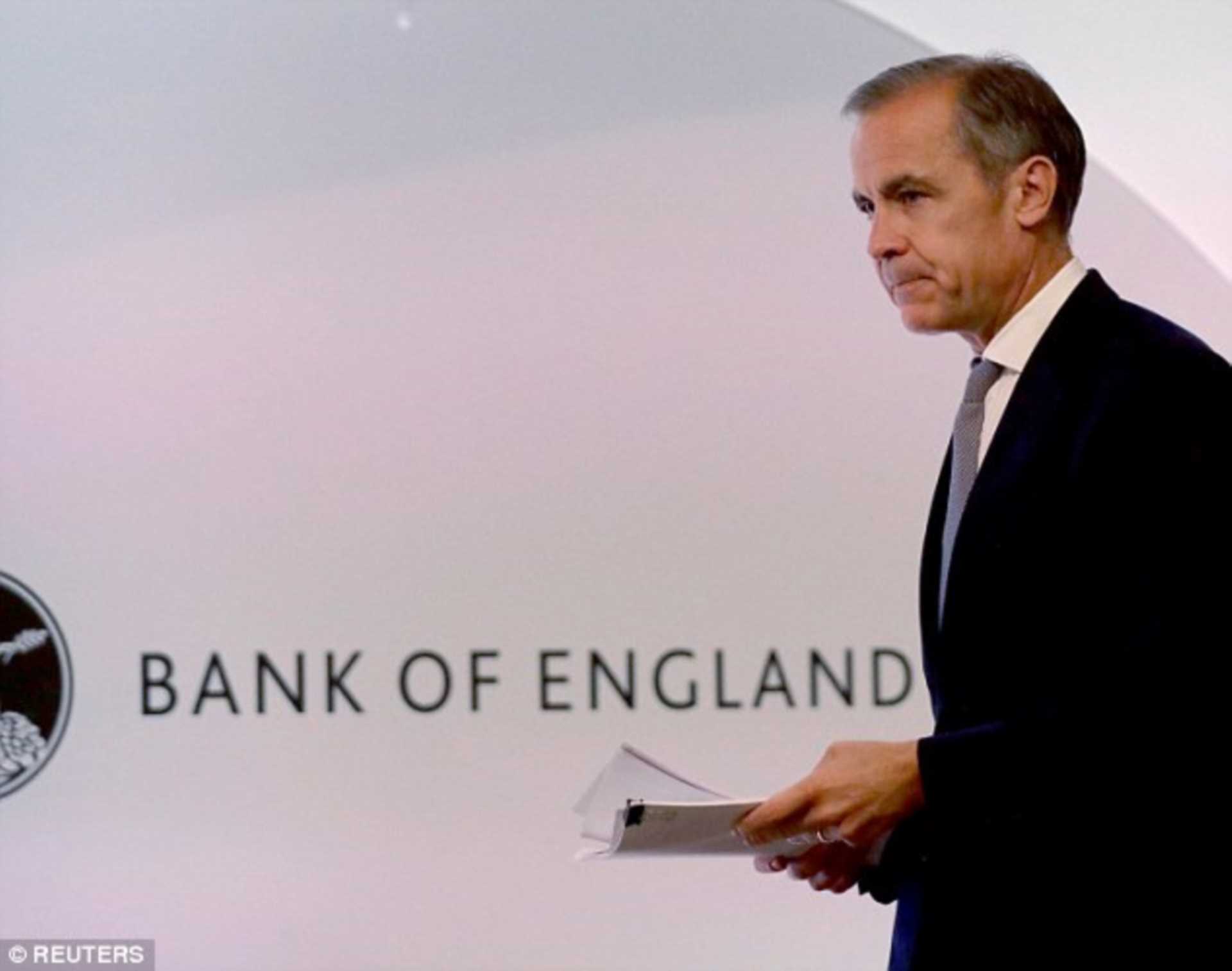
Date Published 02 August 2018
Bank of England finally raises interest rates by 0.25% to 0.75%, their highest level in nearly a decade - but why have rates gone up now?
The Bank of England has raised interest rates from 0.5 per cent to 0.75 per cent on the 02/08/18, despite continued concerns over the economy and Brexit.
The move, which the monetary policy committee voted for unanimously, has put interest rates at their highest level since March 2009,
Rates have never managed to climb above the level of that emergency cut and, in fact, went lower when they were slashed to 0.25 per cent after the Brexit vote - before rising back to 0.5 per cent last November.
Why have rates gone up?
Economists and investors had expected the Bank to raise rates, because there were no signals that it would hold fire, unlike before the May MPC meeting and inflation report when Governor Mark Carney reined in expectations in the weeks before.
The monetary policy committee's chief remit is to target inflation of 2 per cent, with interest rate rises used as a brake on the economy. By raising the cost of borrowing, an interest rate rise reduces demand and leads to banks creating less money when they issue loans.
A lower level of money creation is seen as reducing inflationary pressures from wage rises and spending. With unemployment at record lows and slack in the economy dissipating, economists suggest inflation may overshoot without a rate rise.
There is also an argument that the Bank should raise rates while the going is good, to give itself wriggle room when a recession hits in future.
How is the economy doing?
Over the last few months, statistics providing an insight into the state of the economy have been mixed. GDP growth has picked up recently but on Wednesday, it was revealed that growth in the manufacturing was its weakest for a year and a half last month.
There are also still major concerns over the UK consumer and the retail sector, in addition to the prospect of a no-deal Brexit. But the property market remains strong across the UK, with Nationwide's house price index showing that the cost of a home increased by 2.5 per cent in the year to July, up from 2 per cent in the year to June.
Will this have an immediate effect?
The decision to raise rates will come as a blow to some borrowers on variable rate mortgages, but offer relief to savers who have seen paltry returns on deposits since the financial crisis rate cuts.
Savers have been warned not to expect a dramatic increase in their returns.
Mortgage borrowers with tracker rates linked to the Bank of England base rate will see their monthly repayments automatically rise, but banks and building societies can choose by how much they raise their own standard variable rates.
Borrowers will have to wait and see on this.
Rising rates are typically seen as posing a threat to the housing market. However, many believe that with mortgage rates near record lows any slow and steady shift up will be absorbed.
What about Brexit?
On Wednesday, the National Institute of Economic and Social Research warned that the Bank of England could be forced into an embarrassing reversal on a rate hike because of the potential deleterious effects a 'no-deal' Brexit would have on the UK economy.
A hard Brexit would take £800 out of the pockets of each UK citizen and put a brake on the UK's already weak economic growth, the forecasting group's research suggested.
That could force the Bank of England's policymakers to reverse any rate rises that they execute in the coming months.
And the stock market?
The London stock market fell today though it is hard to pin this on the rate rise as one was probably priced in by most traders.
Rising interest rates can be a good sign for investors in the sense that the backdrop to hikes is usually an economy doing well.
source: This is Money.co.uk 02/08/18